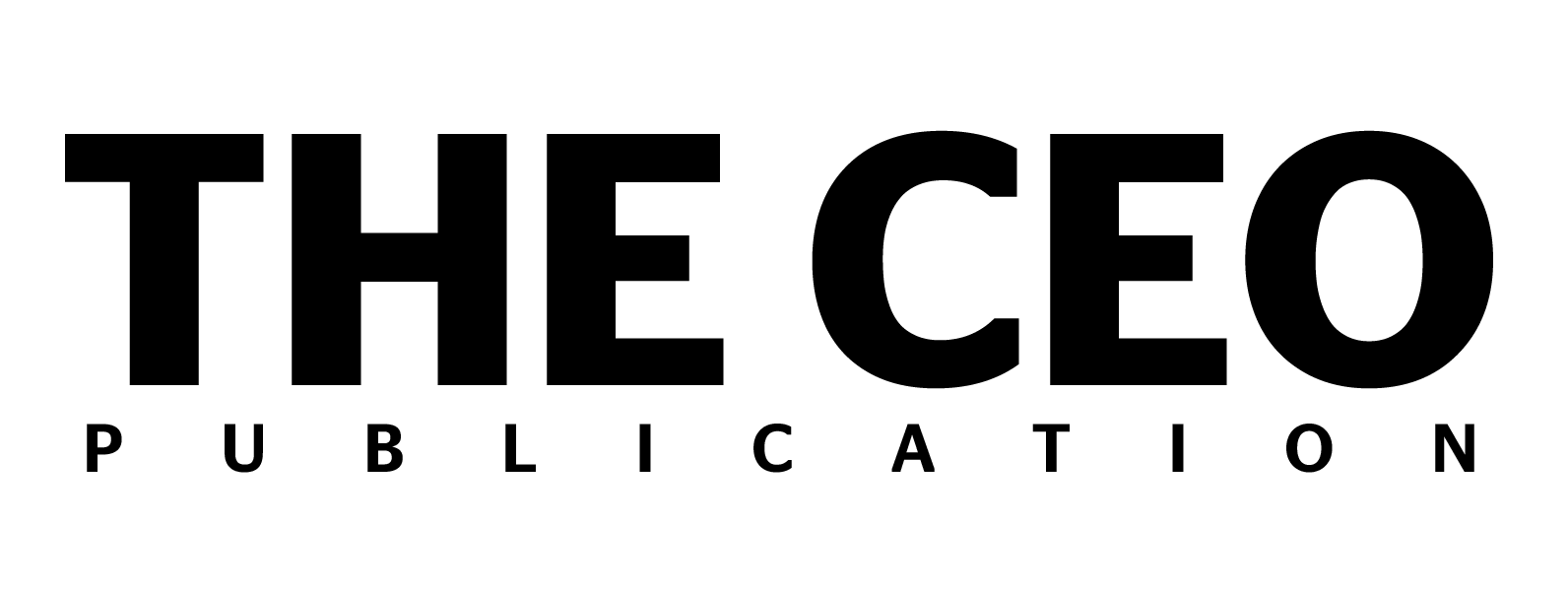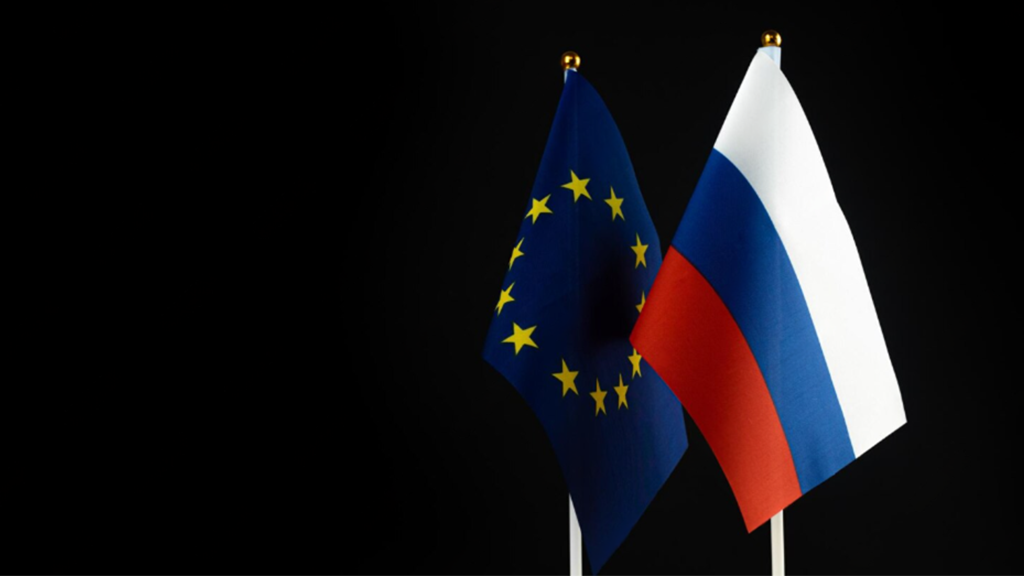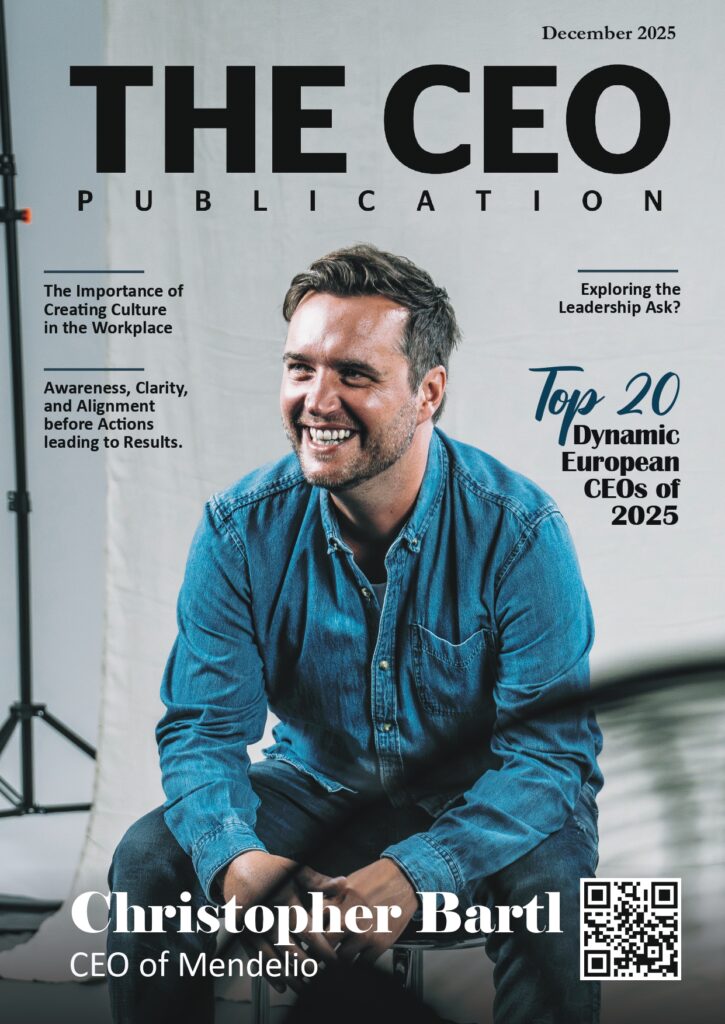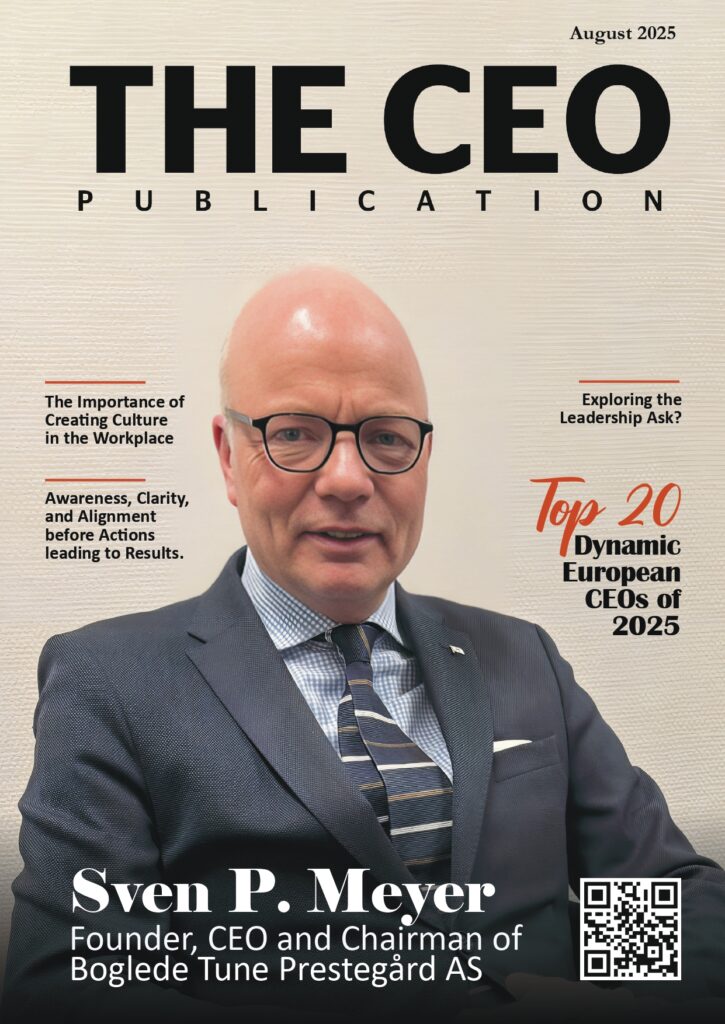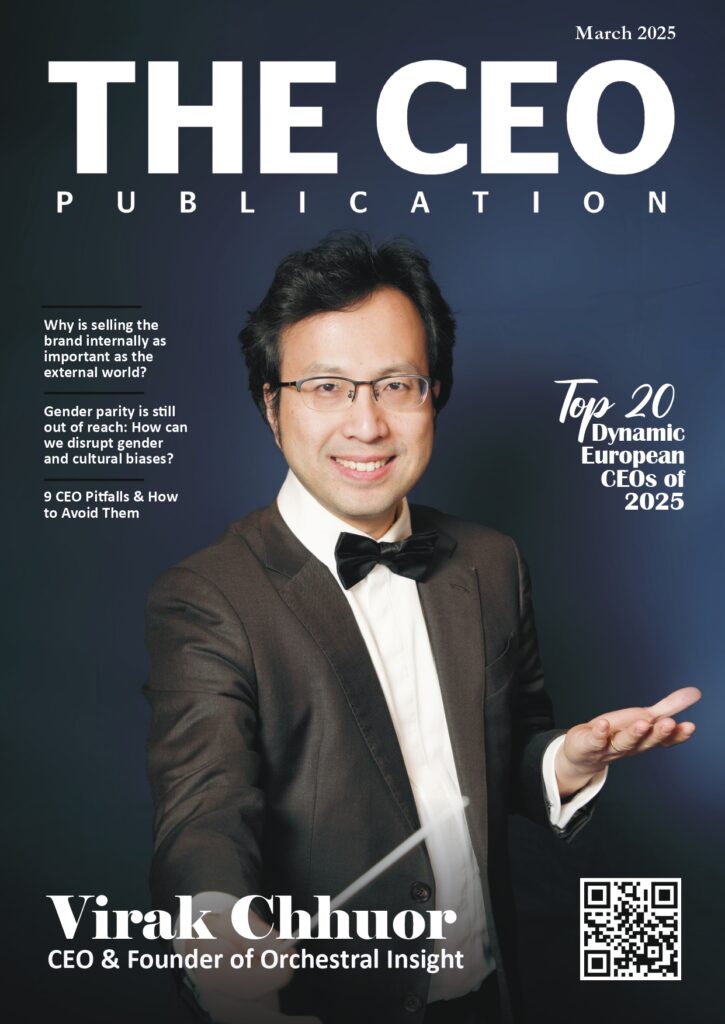Putin claims no objection to Ukraine joining the EU, stating that Russia does not view Ukraine’s European Union aspirations as a security threat. The comment was made during a press briefing in Beijing following talks with Slovak Prime Minister Robert Fico. While the statement signals a softened public posture, it was quickly qualified—Moscow remains adamantly opposed to any NATO expansion involving Ukraine.
This isn’t the first time Russia has differentiated between the EU and NATO. Putin framed the EU bid as a “sovereign economic choice” rather than a military provocation. However, trust in this position is limited given Russia’s aggressive stance following Ukraine’s 2014 EU Association Agreement and its broader military invasion in 2022.
Putin also highlighted areas of potential cooperation, citing nuclear safety as a shared priority. Specifically, he referenced the Zaporizhzhia nuclear plant, Europe’s largest, which has been under Russian control since early in the war. Any movement on that front could offer a rare window for de-escalation.
Putin claims no objection to Ukraine joining the EU, but multiple strategic layers remain beneath the surface:
- Rebranding EU integration: Kyiv and Brussels can emphasize trade, digital transformation, and post-war reconstruction rather than military alignment. A functional EU-Ukraine relationship could be framed as economically stabilizing for the region.
- Russia’s tactical shift: The shift in tone could be a diplomatic recalibration aimed at isolating NATO as the primary “threat” while attempting to soften EU opposition. Analysts should treat this as conditional signaling, not a policy reversal.
- Multilateral pressure points: Nuclear safety discussions around Zaporizhzhia could evolve into trust-building mechanisms—functional for both humanitarian concerns and broader negotiation leverage.
Putin claims no objection to Ukraine joining the EU may ease rhetoric, but not remove the risk. Strategic ambiguity remains a central component of Moscow’s diplomacy. For Kyiv and the EU, managing expectations while advancing integration remains critical—especially if NATO membership remains off the table.
